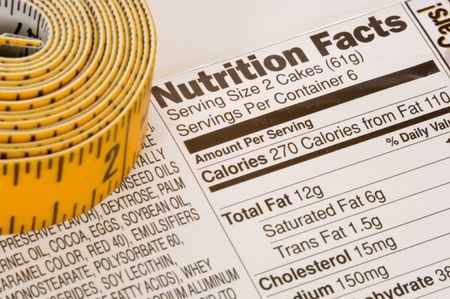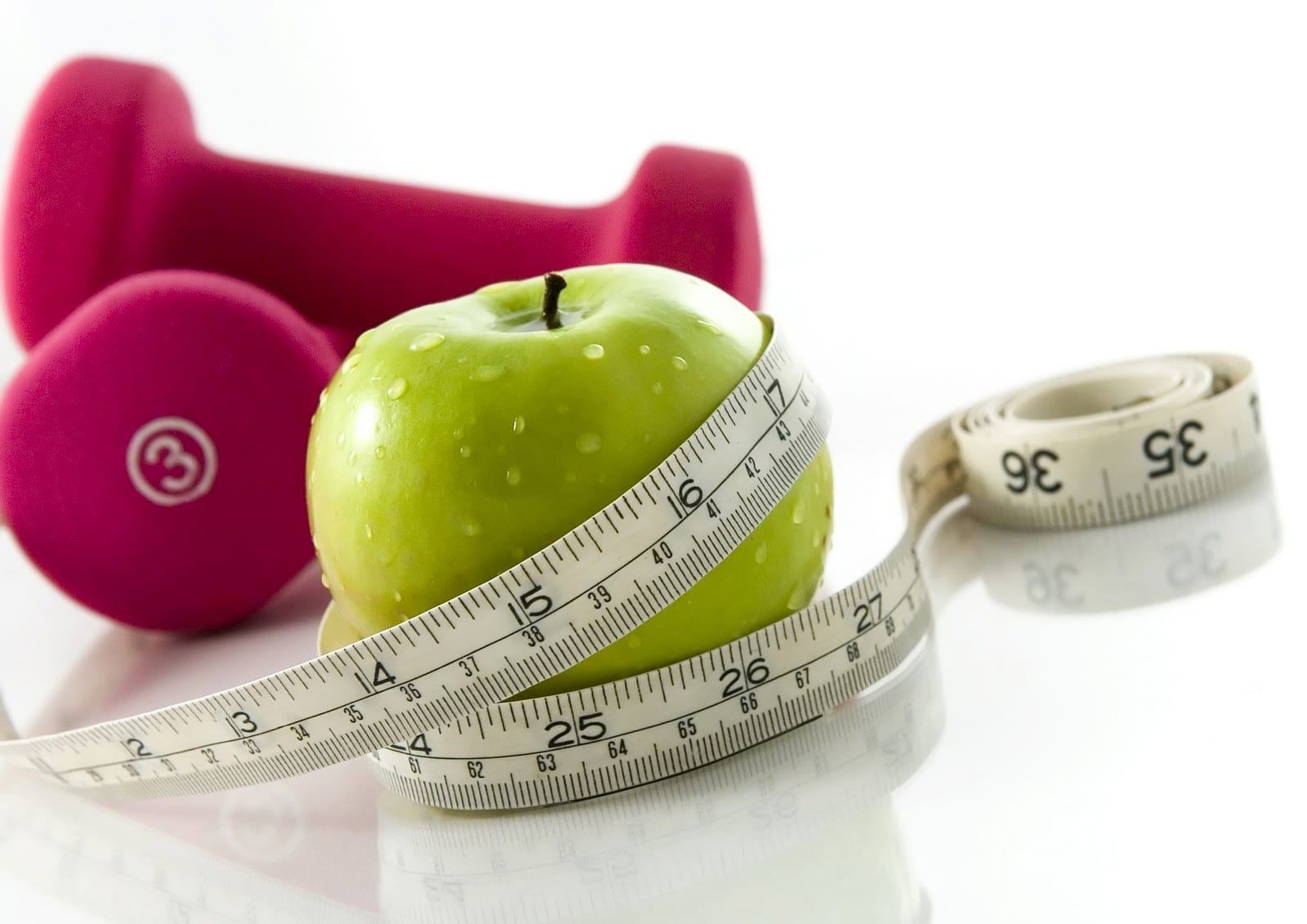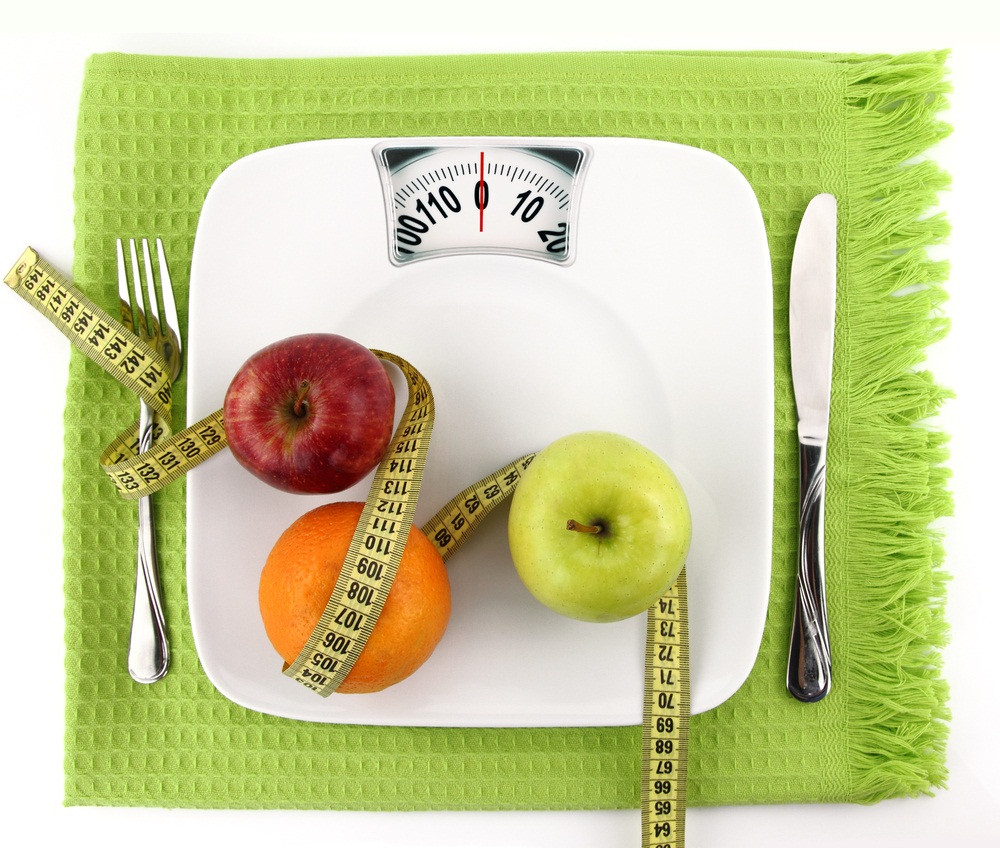 For many people, weight loss just doesn’t seem to work. No matter how many various dieting programs they attempt, they never seem to achieve the results they want—or at least in the expected time frame in which they’ve created for themselves. Moreover, a lot of people don’t take seriously not only dieting, but also the importance of fitness, as well as daily nutrition through vitamins and minerals—might it be naturally or through supplements.
For many people, weight loss just doesn’t seem to work. No matter how many various dieting programs they attempt, they never seem to achieve the results they want—or at least in the expected time frame in which they’ve created for themselves. Moreover, a lot of people don’t take seriously not only dieting, but also the importance of fitness, as well as daily nutrition through vitamins and minerals—might it be naturally or through supplements.
To start with, it’s pertinent that people serious about weight loss take into consideration the value of fat, and what they are in comparison to calories. In recent studies conducted, individuals whom consumed less fat did not lose much, if any fat at all—let alone the amount they desired. In fact, mathematically speaking, individuals that were cutting out fats from their diets often suffered in the long run since this just left space for serious cravings and a probability of ‘relapsing’ into old eating habits since they had become so accustomed to, let’s say their weekly or daily McDonald’s visit—for example. What’s really key in effective weight loss, as outlined recently by Dr. Deirdre Tobias (a lead author of multiple dieting studies at Brigham and Women’s Hospital and Harvard Medical School in Boston) is understanding caloric intake to caloric outtake, throughout a daily basis.
While cutting unhealthy fats such as trans fats from your diet is helpful, good for your heart, and likely to decrease fat over-time, it’s not at all comparable to the amount of fat you can lose in comparison on a weekly basis if you simply reevaluate and take charge or your daily caloric intake versus how much you burn (outtake). In fact, according to the CDC (Centers for Disease Control and Prevention), cutting anywhere from 500-1000 calories daily can aid in losing up to a pound of weight per week. However, it’s worth noting, in efforts to remain realistic, that it ultimately comes down to your current dieting routine, exercise, and most importantly how many calories you consume per day. That is, as someone whom consumes 4,000-6,000 calories per day, with unhealthy eating habits, such as to include lots of trans fat is not going to realistically see such results, or little to none at all without some serious changes in their daily diet and nutrition consumption—a.k.a. deducting 1,000 or more calories daily might be more realistic.
Counting and understanding macro and micro-nutrients, carb (carbohydrate) intake, calorie, and fat intake are all very helpful to better managing your diet and your overall health. It’s worth facing the reality however that without serious commitment to a healthier diet based around calories that you won’t see the weight loss results that you truly desire. In the end, only you can determine your true potential in losing weight and whipping yourself into better shape! However, it is worth mentioning, as well as medically reinforced, that scientifically speaking if you focus more on putting healthy fruits and vegetables into your diet versus unruly amounts of carbs such as pasta, rice, and unhealthy calories and sugars like soda and french fries (and other fried foods) from fast-food joints that you can anticipate seeing more realistic weight loss results faster than you might think!
Image credit: Mike Flippo






